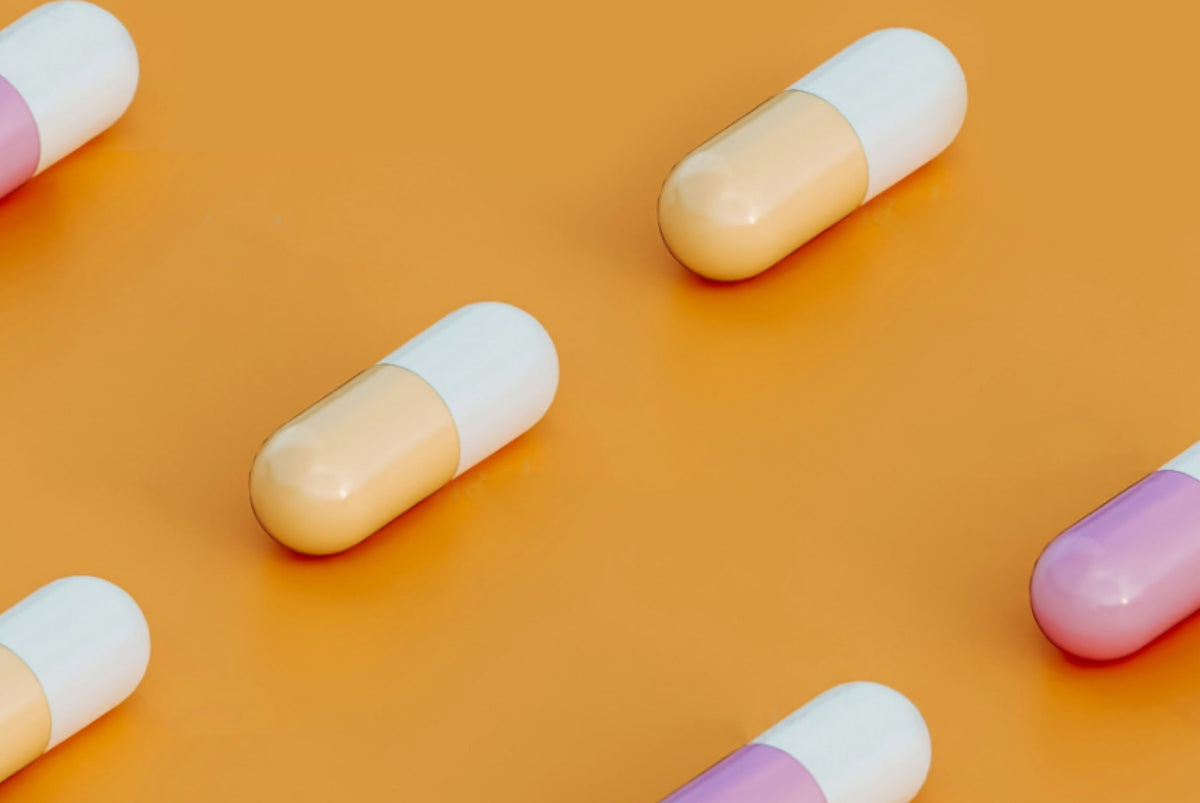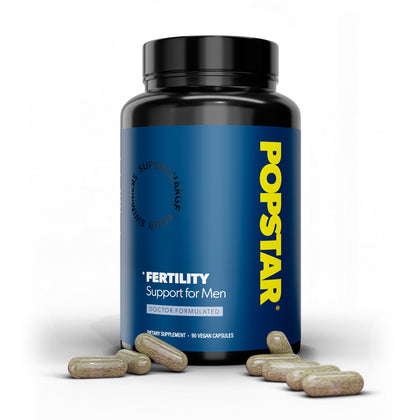

In the realm of fertility, attention often gravitates towards women's health, but the importance of male fertility should be understood. Male infertility is a significant concern worldwide, affecting millions of couples. However, emerging research suggests that certain supplements, such as Coenzyme Q10 (CoQ10), may hold promise in supporting and improving male fertility. This article delves into the science behind CoQ10 and its potential benefits for male reproductive health.
Understanding Coenzyme Q10 (CoQ10)
Coenzyme Q10, also known as CoQ10 or ubiquinone, is a naturally occurring compound found in every cell in the body. It plays a crucial role in cellular energy production, particularly in the mitochondria, the powerhouse of the cell. Beyond its energy-producing functions, Coenzyme Q10 also serves as a potent antioxidant, scavenging harmful free radicals and protecting cells from oxidative damage.
Coenzyme Q10 and Male Fertility
Several studies have investigated the potential link between Coenzyme Q10 supplementation and male fertility. Here's a closer look at how CoQ10 may benefit various aspects of male reproductive health.
Sperm Quality
Coenzyme Q10 has been shown to improve sperm parameters such as count, motility, and morphology. These improvements are crucial for successful fertilization, as healthy sperm are better equipped to reach and penetrate the egg.
Oxidative Stress
Oxidative stress, caused by an imbalance between free radicals and antioxidants, is known to impair sperm function and contribute to male infertility. CoQ10's antioxidant properties help combat oxidative stress, thereby safeguarding sperm from damage and preserving their integrity.
Mitochondrial Function
As mentioned earlier, CoQ10 plays a vital role in mitochondrial function. Since sperm require ample energy to swim and fertilize the egg, optimal mitochondrial function is essential for male fertility. CoQ10 supplementation may enhance mitochondrial activity in sperm, bolstering their overall function and viability.
Age-Related Decline
Male fertility tends to decline with age, partly due to a decrease in CoQ10 levels in the body. Supplementing with CoQ10 may counteract this decline, potentially mitigating age-related fertility issues in men.

Clinical Evidence
While research on Coenzyme Q10 and male fertility is still evolving, several studies have yielded promising results. For instance, a meta-analysis published in the journal Andrologia concluded that CoQ10 supplementation significantly improves sperm parameters, including sperm concentration and motility. Similarly, other clinical trials have reported positive outcomes regarding sperm quality and reproductive outcomes following CoQ10 supplementation in infertile men.
How to Incorporate Coenzyme Q10 into Your Routine:
If you're considering CoQ10 supplementation to support male fertility, it's essential to consult with a healthcare professional first, especially if you have underlying health conditions or are taking medications. Here are some general guidelines for incorporating CoQ10 into your routine.
Dosage
Dosage recommendations may vary depending on individual factors such as age, health status, and fertility goals. Typically, doses ranging from 100 to 300 milligrams per day are considered safe and effective for improving sperm quality and overall fertility.
Formulation
CoQ10 supplements are available in various formulations, including capsules, softgels, and oral sprays. Choose a high-quality product from a reputable manufacturer, like Popstar, to ensure purity and potency.
Duration
It may take several weeks to months to experience the full benefits of CoQ10 supplementation on male fertility. Consistency is key, so aim to take the supplement regularly as directed.
Lifestyle Factors
While CoQ10 may offer valuable support for male fertility, it's essential to adopt a holistic approach to reproductive health. Maintain a balanced diet, engage in regular exercise, manage stress levels, and avoid harmful habits such as smoking and excessive alcohol consumption.
Coenzyme Q10 shows promise as a natural supplement for enhancing male fertility. By improving sperm quality, combating oxidative stress, and supporting mitochondrial function, CoQ10 may offer valuable support for couples struggling with infertility. However, further research is needed to fully elucidate its mechanisms of action and optimal dosing protocols. In the meantime, individuals interested in exploring CoQ10 supplementation should consult with a healthcare professional to determine the best approach for their unique needs. With its potential to bolster male reproductive health, Coenzyme Q10 shines as a beacon of hope for couples on the journey to parenthood.





